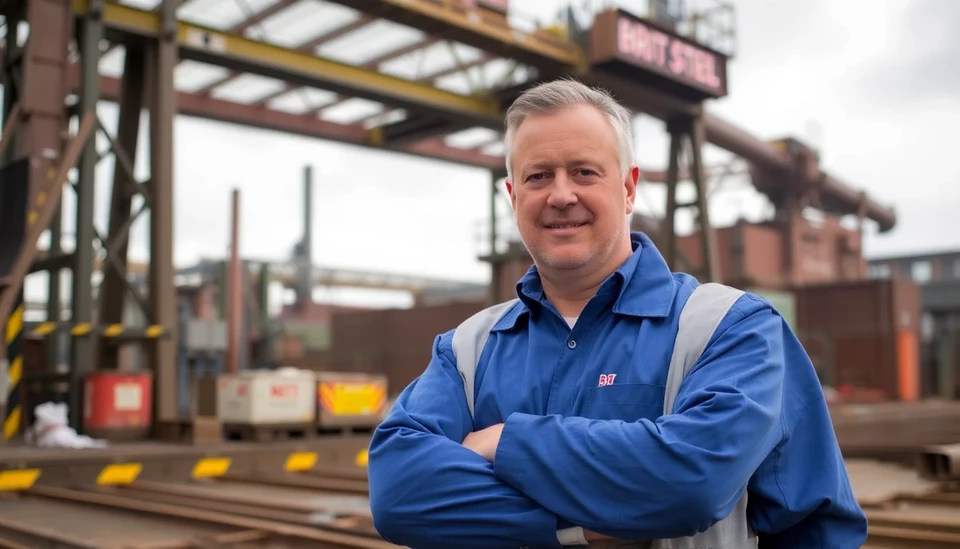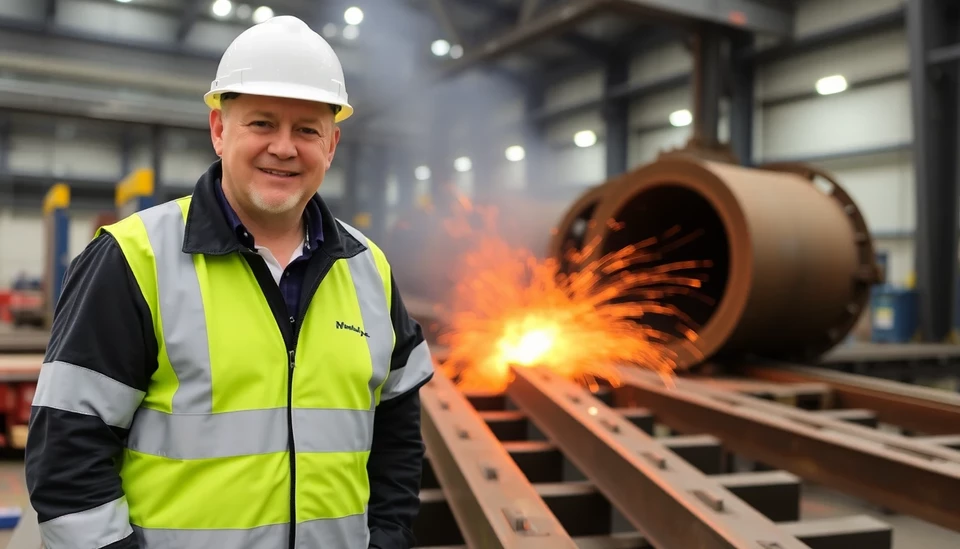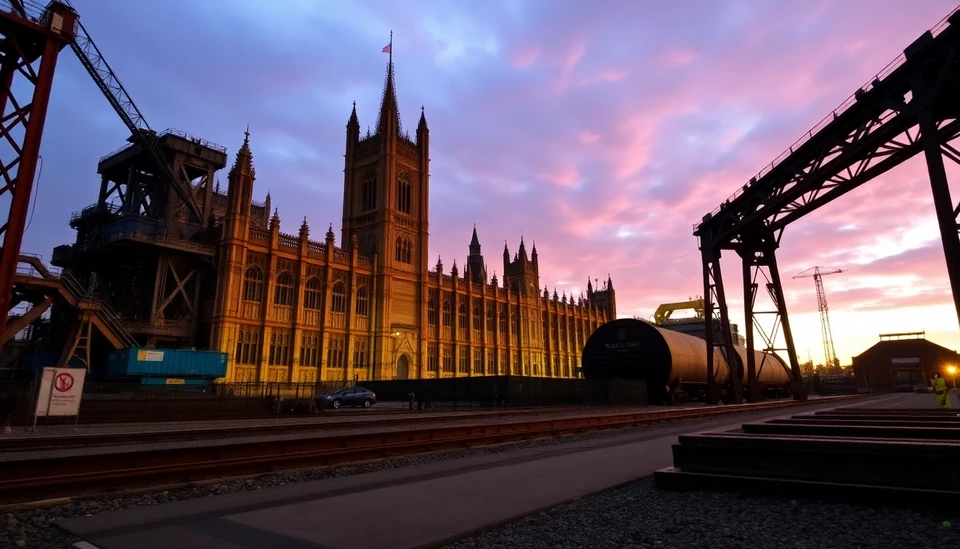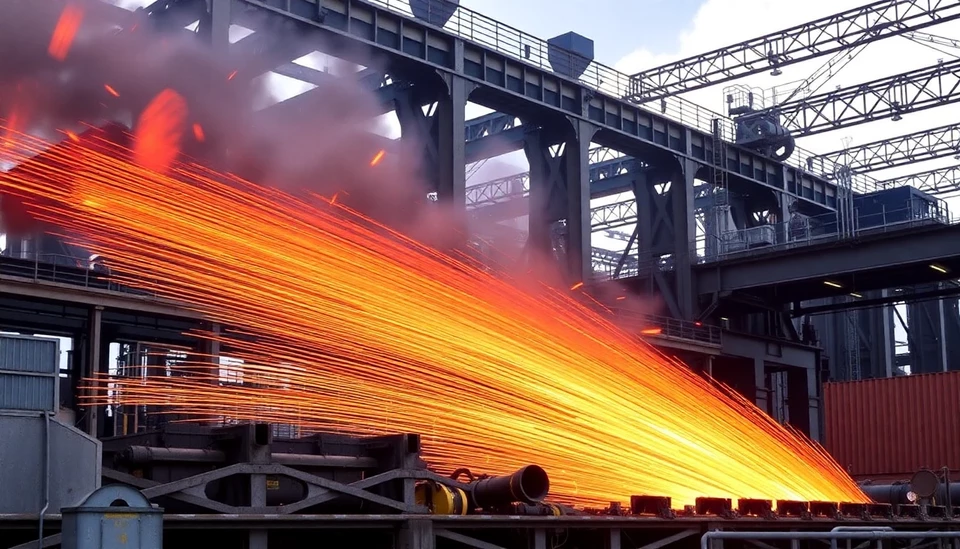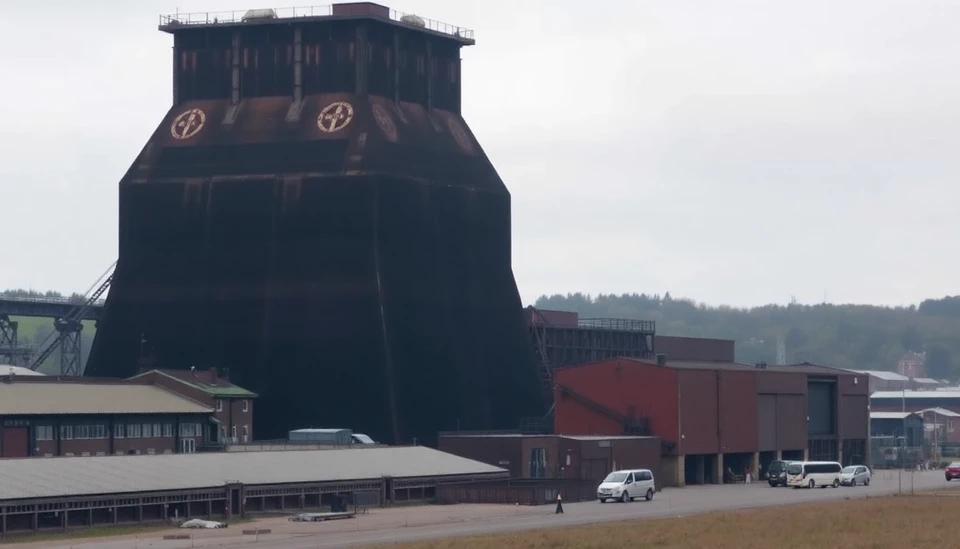
In a significant development for the UK's manufacturing landscape, the owner of British Steel has announced intentions to close the last operational blast furnaces in the country. This move marks a pivotal moment not only for the steel industry but also for the workers and communities connected to these facilities.
The decision comes amid ongoing challenges and pressures within the sector, including high energy costs, increased competition from international markets, and stringent environmental regulations. The management has cited these factors as pivotal in their strategic review, ultimately leading to the conclusion that the continuation of blast furnace operations is no longer economically viable.
The impending closure raises deep concerns about the future of steel production in the UK. Blast furnaces are integral to steel manufacturing, traditionally responsible for converting iron ore into molten iron, a key step in the steelmaking process. With their shutdown, the UK would lose critical infrastructure that attracts investment and sustains thousands of jobs.
Industry experts warn that the closure could have far-reaching repercussions, not just within steelmaking but across the entire supply chain. The reduction in local production capacity may result in increased dependence on imported steel, which could undermine the UK’s long-term industrial strategy, particularly in sectors such as construction and automotive manufacturing.
The fate of the workforce is another urgent concern. The closure could potentially lead to significant job losses, affecting skilled labor who have long been a backbone of the British steel industry. Efforts will need to be made to ensure these workers are supported through transition initiatives or retraining programs to mitigate the economic impact of this transformation.
This announcement is the latest in a series of challenges faced by the UK steel industry, which has struggled to adapt to the rapidly changing global marketplace. It highlights the need for a sustainable future for steel production, along with concerted efforts to improve energy efficiency and reduce carbon emissions in alignment with the UK’s climate commitments.
As the closure plans develop, stakeholders, from government officials to industry leaders, will have to engage in dialogue about the future of steel manufacturing in the UK, aiming to balance economic realities with environmental goals. The situation underscores the critical need for investment in modern technologies that can safeguard jobs while ensuring that the steel sector remains competitive on the global stage.
In conclusion, the impending shutdown of the UK's last blast furnaces represents a significant shift in the landscape of British manufacturing. Stakeholders must act swiftly to address the economic implications while fostering a sustainable and resilient industrial framework for the future.
#BritishSteel #SteelIndustry #UKManufacturing #BlastFurnace #EconomicImpact #JobLoss #SustainableSteel #EnergyCosts #IndustrialStrategy #ClimateCommitment
Author: John Harris
